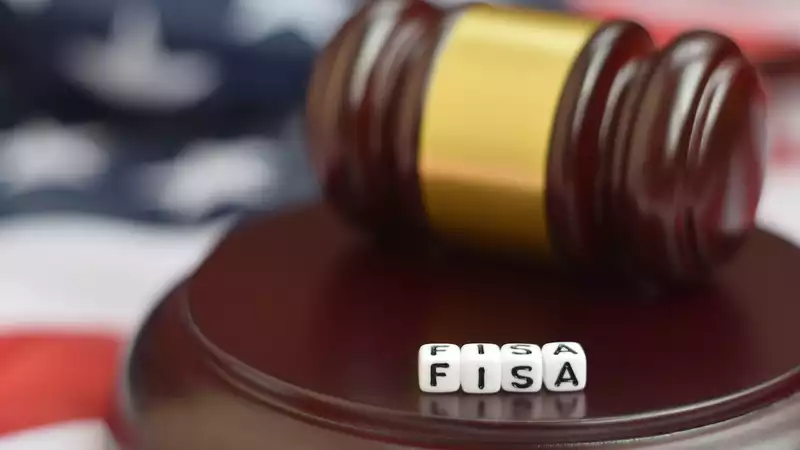U.S. Politicians Shelve Vote to Renew Government Surveillance Authority.
The U.S. House of Representatives on Wednesday (May 27) indefinitely postponed a vote to renew three aspects of the Foreign Intelligence Surveillance Act. These three provisions were last renewed by the USA Freedom Act of 2015, which expired on March 15.
The three provisions in question were first made law by the USA PATRIOT Act of 2001, but are temporary and must be renewed by new legislation every three to four years.
The provisions are: the ability to obtain business records without a warrant (presumably including records of customer browsing history kept by Internet service providers); authorization for "roving" wiretaps that do not require reauthorization if a suspect under surveillance changes phone or e-mail accounts; and The ability to monitor individuals who may be planning lone wolf attacks unrelated to foreign entities. [This week, the renewal bill was introduced in the House as H.R. 6172, the USA FREEDOM Reauthorization Act. However, it was removed from the floor when House Speaker Nancy Pelosi realized that the bill had lost the support of liberal Democrats and Republicans with ties to Trump.
A similar update bill had already passed the Senate with strong bipartisan support, but some Senate Republicans felt that it did not expand oversight authority over federal authorities enough. An earlier version of the renewal bill had easily passed the House in March.
However, President Donald Trump's sudden opposition to the renewal bill, urging Republicans to oppose it, did not garner enough votes to pass a bill that would restore the warrantless access powers begun under Section 215 of the Patriot Act.
Trump seemed to believe that the provision, strictly an amendment to the 1978 FISA law, was related to the FBI's investigation of former campaign staffer Carter Page, who was being investigated for ties to Russia.
However, while the FBI's surveillance of Page was indeed authorized by the Foreign Intelligence Surveillance Court, commonly known as the FISA Court, created by the FISA Act of 1978, the FISA provision that is up for renewal in the House this week has nothing to do with the investigation into Page.
Republican leaders, normally staunch supporters of expanded surveillance powers, have made no attempt to clarify the situation with the president.
On Thursday morning (May 28), House Majority Leader Steny Hoyer tweeted: at the request of the Speaker, I am withdrawing consideration of the FISA legislation."
"The two-thirds of House Republicans who voted in favor of this bill in March now intend to vote against it at POTUS' request. I believe this is contrary to the security interests of the United States."
Perhaps surprisingly, when the House voted on the authority in March, it passed 278 to 136. Of these votes, 126 came from Republicans.
Donald Trump, who had threatened to veto the bill in Wednesday's vote, was not afraid to express his delight when the bill was pulled from the House floor.
He wrote on Twitter: "Thank you to the wonderful Republicans who stopped the FISA bill last night that would have only perpetuated the abuses that created the greatest political crime in US history, the Russian witch hunt. Great job!"
Congressman.
The House will now attempt to coordinate with the Senate to craft a new bill that can pass both houses.
Investigations initiated before March 15 can still use the authority granted by the expired 2015 law.










Comments